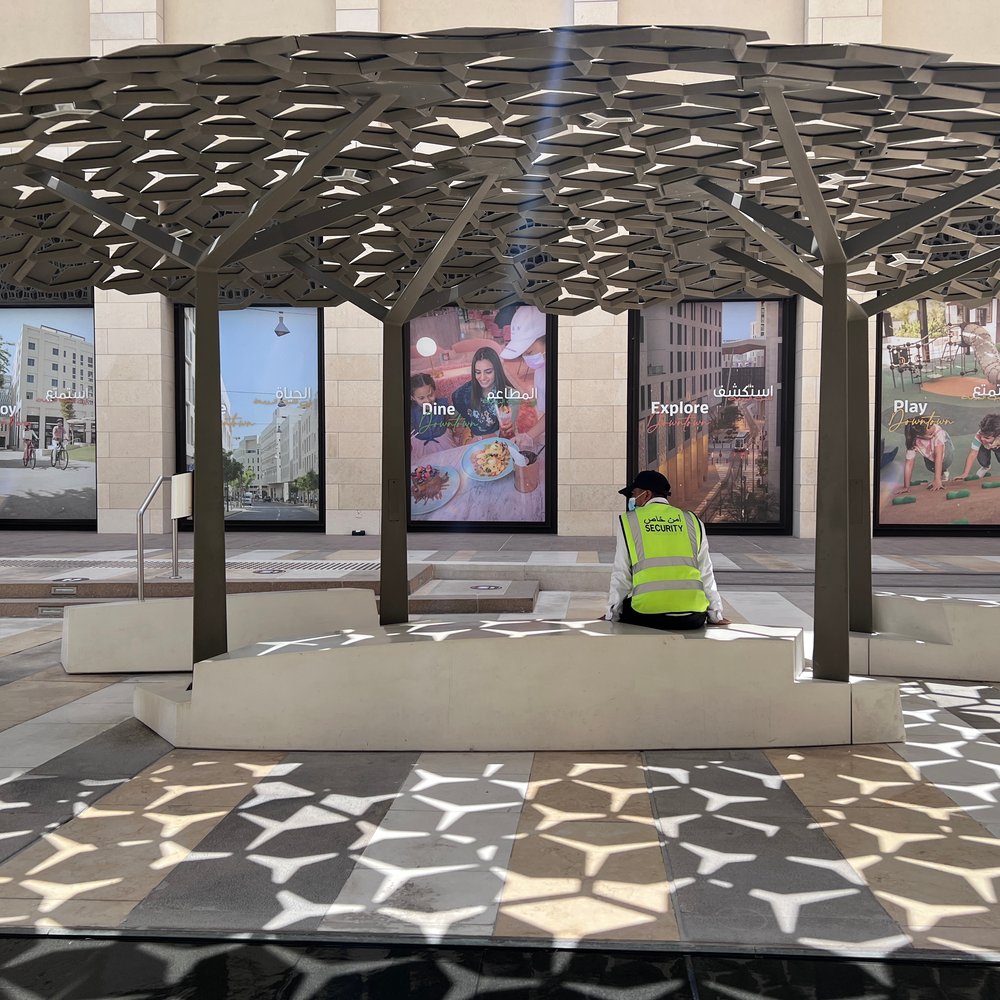After the final whistle: Migrant workers speak out on exploitation during Qatar World Cup 2022

Shutterstock (licensed)

Shutterstock (licensed)
Six months after the final whistle of the Qatar 2022 World Cup in Lusail Stadium, international media, football teams, sponsors and fans have left the emirate, taking with them the world’s brightest media spotlight – one FIFA claimed would drive improvements for the migrant workers that made the World Cup possible. Yet, as the Business & Human Rights Resource Centre’s (the Resource Centre) research demonstrates, while the world revelled in the spectacle of the tournament, workers toiling behind the scenes suffered human and labour rights abuses.
The Resource Centre has worked with partner organisations to interview a total of 78 returnees and workers still in Qatar. Interviewees are from six countries across South Asia (Bangladesh, India, Nepal and Pakistan) and East Africa (Kenya and Uganda). Most starkly, all interviewed workers experienced labour exploitation during the World Cup, including 20 employed by official Qatar 2022 FIFA World Cup contractors and 17 who worked at World Cup stadiums and other official FIFA venues during the tournament.
A human rights delegate visited our office and work site to speak with the workers and inspect the company. However, when they approached the camp boss, he reported that there were no issues, and the human rights team left without interviewing any of us.Nepali JCB Operator
What did workers say?
11 / 78
workers were aware of FIFA’s Human Rights Grievance Mechanism
and no workers knew anyone who had used it
73 / 78
workers were charged recruitment fees
ranging between USD184 & USD4,670 to obtain employment
9 / 61
workers employed for over a year could change jobs at will
50 workers said they were aware of the process, yet 41 cited barriers, such as bribes
35 / 78
workers described threats, intimidation & fear
to stop them speaking out about unfair recruitment
Key Findings
- Companies are failing to provide access to remedy and non-retaliatory, transparent grievance mechanisms;
- The risk of unfair recruitment for migrant workers is very high;
- Despite key reforms to the labour law, workers are still not free to choose employment and transfer sponsorship in practice;
- Violations of employment conditions are a major risk for migrants once in Qatar, with promised terms and conditions not matching the roles they arrived to and wage theft reported by 74% workers; and,
- Companies are failing to put migrant workers at the centre of routine due diligence checks regarding recruitment and working conditions.
Despite Qatar’s claim in the years leading up to the tournament it had abolished the exploitative Kafala system, workers’ ability to change jobs or raise grievances transparently and without fear of reprisal remained heavily restricted. Significantly, while FIFA made much of what it said was a “dedicated platform” for reporting human rights abuse linked to the World Cup (its Human Rights Grievance Mechanism), only a small minority of interviewees were aware of its existence and none used it.
It is evident that companies systematically failed to engage directly with workers to understand and mitigate the risks they were facing. Larger companies, including multinational brands and even those partially or wholly government owned, failed to conduct rigorous checks to stamp out labour rights abuse from their supply chains, with less than 20% of workers interviewed asked about working conditions during such assessments.
The testimony throughout this report should serve as a wakeup call for all stakeholders who profited from Qatar 2022 to ensure workers who endured labour rights abuses can access remedy. The abuse suffered by migrant workers cannot be repeated for those who continue to work in Qatar, or for those heading to the US, Canada and Mexico to support the 2026 tournament.
We were given cards from FIFA that had numbers on it we could call. However, as soon as the FIFA World Cup ended, all those numbers went nowhere, and it seems that FIFA packed up shop as soon as the world cup ended and didn’t care about those who were left behind.Pakistani security guard
Business & Human Rights Resource Centre invited FIFA and the Supreme Committee for Delivery & Legacy to respond to the report. FIFA was also asked to disclose information regarding the use of their Human Rights Grievance Mechanism.

Shutterstock (licensed)

Shutterstock (licensed)